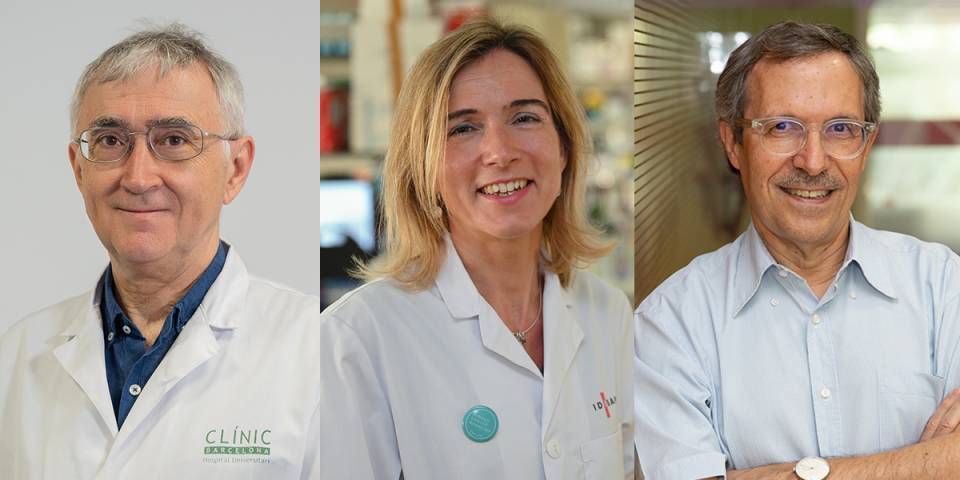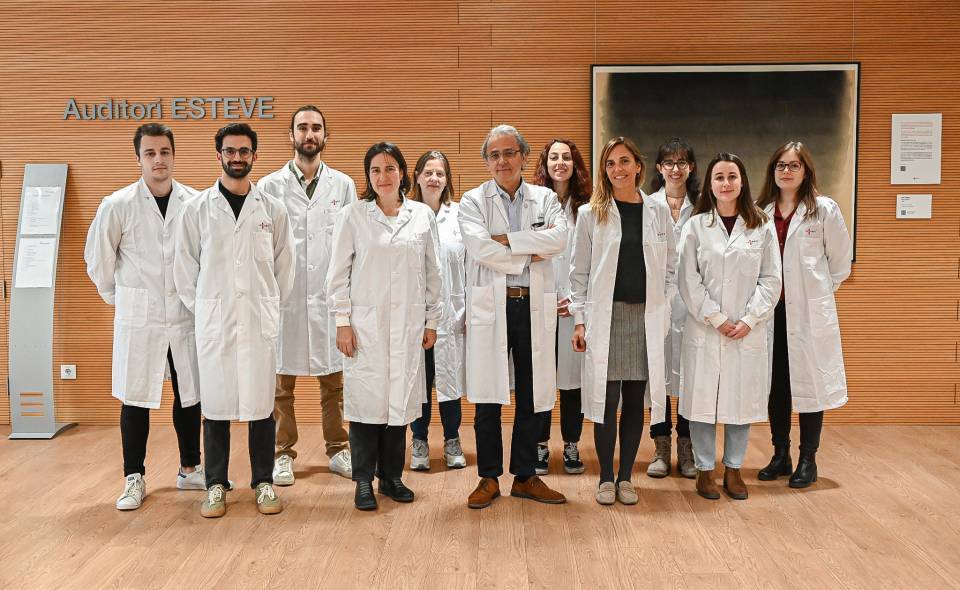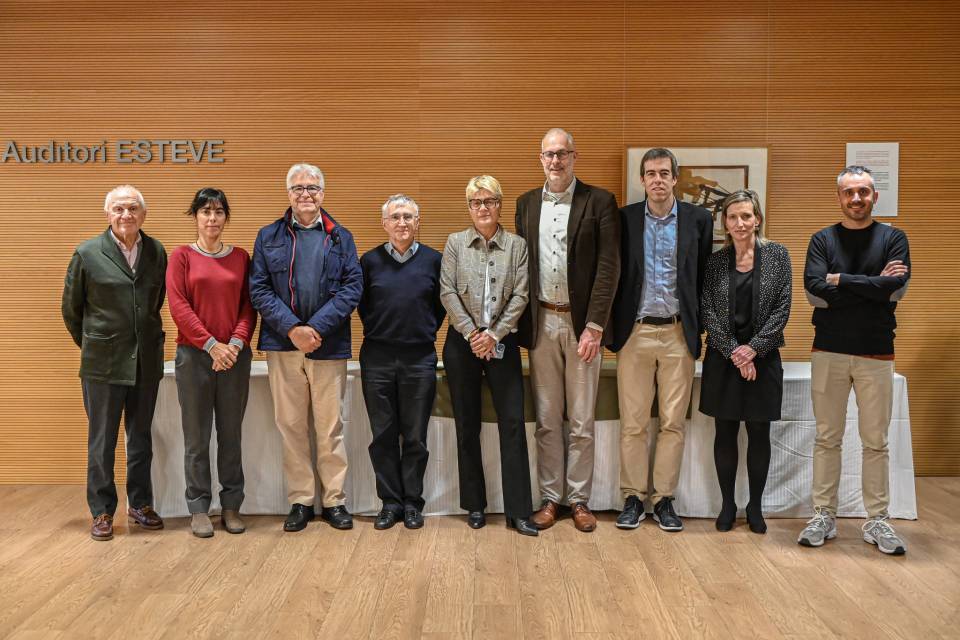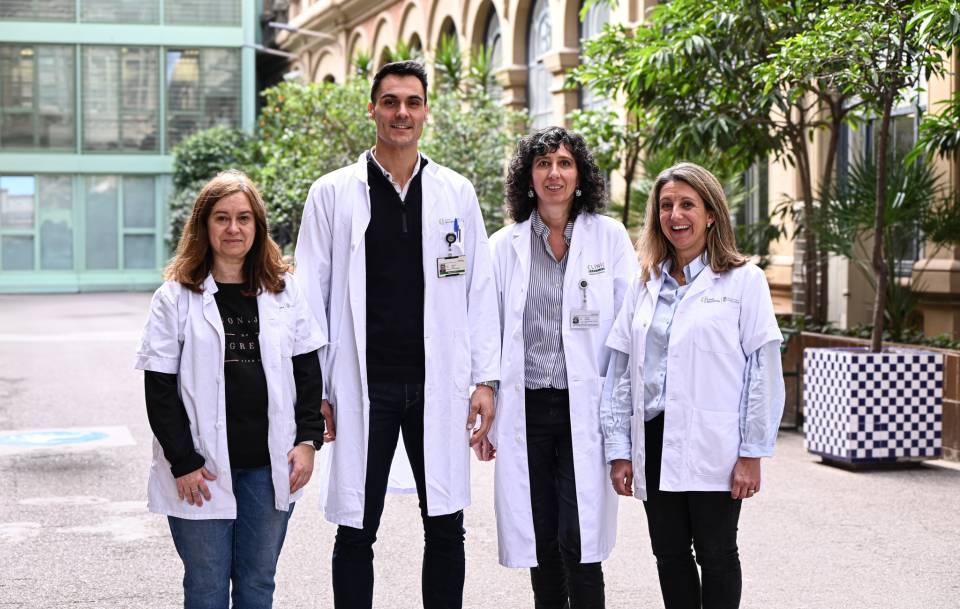This Tuesday, 20 September 2022, ”la Caixa” Foundation announced the 33 new biomedical and health projects at research centres and universities in Spain and Portugal that have been selected in the fifth CaixaResearch Call for Proposals in Health Research. Among the projects to receive funding, three were submitted by IDIBAPS, and are led by Elías Campo, Patrícia Pérez Galán and Josep Dalmau.
Elías Campo, head of the Molecular pathology of lymphoid neoplasms research group, received 999,806.30 euros to finance the project aimed at answering the question “How do cancer cells modulate the surrounding microenvironment to make it favourable to them?”. Campo and his team will study the influence of chronic lymphocytic leukaemia (CLL) cells on the environment to make it favourable to them and elude the host’s immune system response. The researchers will also seek to determine whether new genetic alterations can function as targets for therapies that modulate the immune system response of patients.
The cells around the tumour and the immunotherapies are also the subject of study by Patrícia Pérez Galán, head of the IDIBAPS Microenvironment in lymphoma pathogenesis and therapy research group. The project “A lymphoma organoid in a vascularised chip to advance in the design of personalised immunotherapies”, awarded 499,871.26 euros in funding, will use samples taken from patients with non-Hodgkin's lymphoma to develop miniaturised, simplified versions of tumours that recreate their structure and environment. These three-dimensional cancer cultures will be integrated into a chip with latest-generation vascular models in order to study the access of therapies to the tumour and assess the response of lymphomas to different immunotherapies in a personalised way.
Finally, Josep Dalmau, head of the IDIBAPS research group on Pathogenesis of autoimmune neuronal disorders, will lead the project “Towards a new treatment for autoimmune encephalitis”, which has been awarded 972,352.39 euros. Anti-NMDA receptor encephalitis is a rare disease caused by the patient's own immune system, which attacks a brain receptor called NMDA. The disease, which mainly affects young adults and children, causes psychiatric symptoms including psychosis, and neurological problems such as seizures, memory loss, abnormal movements and even coma. The researchers will study the alterations that occur in the patient's brain, associated with the onset of the symptoms. They will also attempt to identify biomarkers in blood and cerebrospinal fluid samples with the aim of finding the optimal treatment.
Since the CaixaResearch programme was first launched in 2018, the call for proposals has devoted nearly 95 million euros to 138 research projects selected by a committee of international experts. The aim of the call, which attracted 546 proposals this year, is to identify and promote initiatives of scientific excellence with the greatest potential value and social impact in terms of basic, clinical research, translational research and innovation in the fields of cardiovascular, infectious and oncological diseases, and neuroscience.




